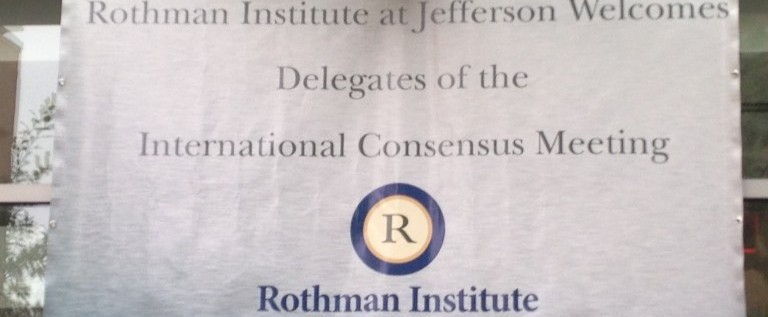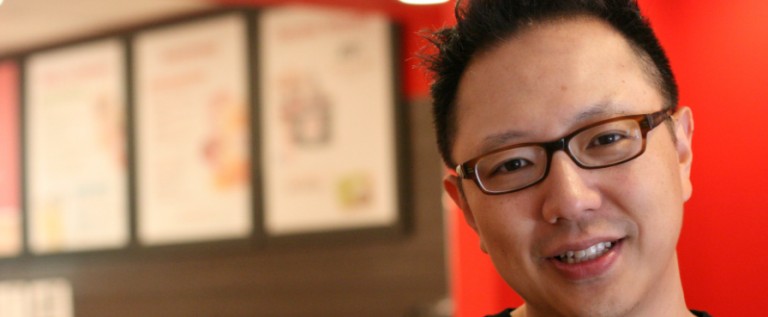How forMD is Improving Patient Care

Because of forMD, how orthopaedic surgeons will treat patients across the world is going to change for the better.
A few weeks ago at the International Consensus Meeting on periprostehtic joint infections, a gathering of the world’s experts finalized patient care guidelines that were created through forMD. The International Consensus Meeting, held at Thomas Jefferson University on Thursday, Aug. 1, brought together the collective wisdom of 360 orthopaedic surgeons, infectious disease specialists, and PhD researchers in 80 countries. Prior to the meeting, delegates were able to, by topic, share pertinent literature and discuss how best to treat and prevent joint infections. At the meeting, delegates from over 6 continents discussed the documents that they had created on forMD and finalized them for publication.
For the past 6 months, forMD has been supporting the MusculoSkeletal Infection Society (MSIS) to make the International Consensus Meeting possible. According to the American Medical Association, patient care guidelines are typically created over a 2-year process by small groups of physicians who are sometimes influenced by their own personal bias and conflicts of interest with industry. The MSIS and its leadership, including President Javad Parvizi, MD and Professor of Orthopaedic Surgery at Thomas Jefferson University’s School of Medicine, wanted to not only democratize that process but also reduce the time it would take to create these documents. But to establish a new, democratic process that involved the input of delegates from all corners of the world, would require a better way to communicate.
forMD provided the organization with a private community where its members could connect to colleagues across the globe and engage in rich debate about the best ways to treat and prevent joint infections. When their work culminated in a two-day event in Philadelphia, these organization’s international experts were ready to finalize the documents. In addition, they were able to take the process from 2 years down to 6 months.
“To our knowledge this is the first event of its kind,” said Mitchell Maltenfort, PhD researcher and statistician of the Rothman Institute.
Towards the end of the day’s events, Dr. Parvizi, one of the organizers of the event, stated that the documents would be most critical for community orthopedic surgeons to read, especially those who did not have the time or resources to attend national meetings and learn about new developments in joint infections. When the events came to a close, I couldn’t help but feel as though we had reached a critical milestone for our company.
Since the inception of our company, my cofounders and I have been operating on a single, broad hypothesis. Simply put, we posited that if you give doctors a secure online platform to collaborate, then they can solve problems quicker, accelerate the evolution of how medicine is practiced, and be better empowered to help patients.
We’ve already received affirming feedback from some of our users. One individual from the University of California at San Francisco, one of the top medical schools in the country, said that through forMD he could “solve problems in three hours that used to take 3 months.” Even still, with so many challenges to overcome not only building a business, but also attempting to change the behavior of a very particular user type, it’s easy to feel doubt.
While opportunity in business often exists because current practices are inadequate, Howard Aiken, one of IBM’s original designers put it best: “Don’t worry about people stealing your ideas. If your ideas are any good, you’ll have to ram them down people’s throats.” Changing how people live their day-to-day lives can be challenging. Throughout that process of selling in our platform to physician-based organizations, I’ve often privately wondered to myself: are people just slow to adopt the worthwhile solution that forMD provides, or is the resistance to change we experience a sign that our hypothesis is incorrect?
This past week I had an important moment of validation for our company. And better yet, we can now point a tangible way in which we’ve helped to advance the field of medicine.
Check out the opening remarks and mention of forMD from the event here.






